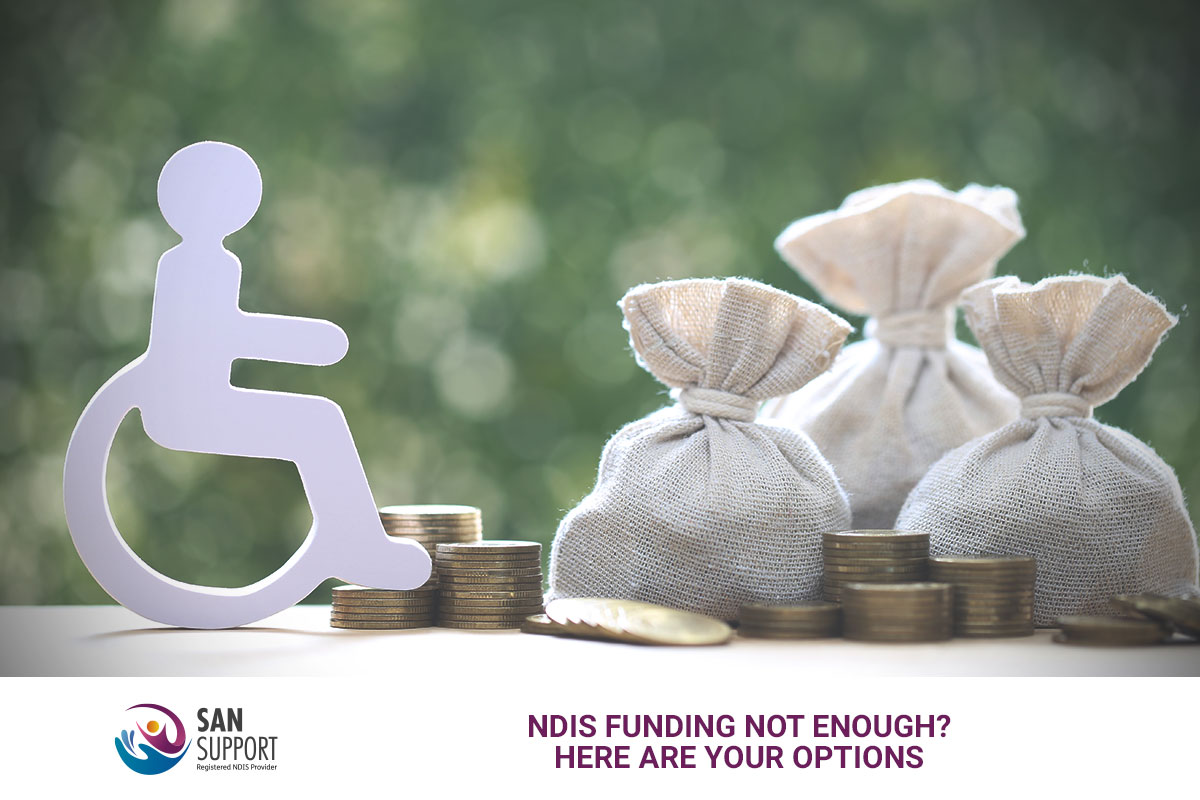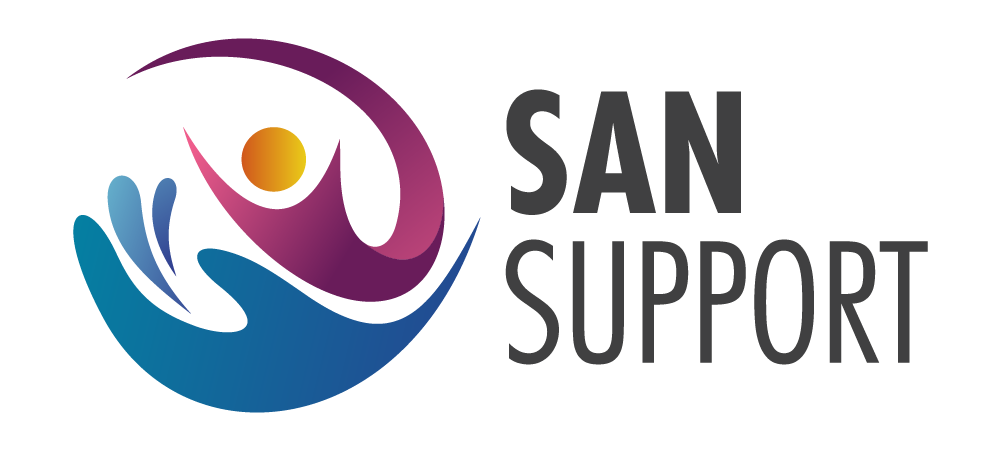
Receiving your NDIS plan can feel like an exciting step forward. It represents the supports and services that should help you live more independently and achieve your goals. But what happens if you look at your budget and think: “This funding isn’t enough”?
You are not alone. Many NDIS participants feel their funding does not fully cover their needs. The good news is that you have several options from requesting a plan variation to appealing decisions. By understanding the process and gathering the right evidence, you can take action to ensure your plan better supports you.
Why NDIS Funding Might Not Be Enough
There are many reasons why your plan may fall short:
- Details missed during the planning meeting: Sometimes your initial assessment does not fully reflect your needs.
- Changes in your circumstances: Your health, living situation or personal goals may have shifted since your last plan.
- Complex support needs: Participants requiring multiple supports may need more funding than was initially allocated.
- Goals requiring additional resources: For example, working towards employment or independent living may involve supports not fully captured in your plan.
Once you identify why your funding is not enough, you can decide which option suits your situation best.
What to Do if Your NDIS Funding Is not Enough
Request a Plan Variation
A plan variation allows you to make small changes to your current plan without a full review. This is useful for:
- Short-term or urgent supports
- Minor changes to existing services
- Specific needs, such as consumables or extra hours of care
To apply, contact your Local Area Coordinator (LAC) or NDIA planner. You will need to provide supporting evidence, such as a medical letter or updated therapy report that explains why the change is reasonable and necessary.
Request a Plan Reassessment
If your funding shortfall is significant, you can request a plan reassessment. This involves a detailed review of your needs and goals.
During a reassessment, you can:
- Provide updated assessments from doctors or allied health professionals
- Demonstrate how your current plan limits your independence, safety or wellbeing
- Show how additional supports will help you achieve your NDIS goals
A reassessment may result in increased funding or new supports being added to your plan.
Gather Strong Evidence
No matter which option you choose, you must present strong evidence. This helps the NDIA understand why you need more funding. Useful evidence includes:
- Allied health and medical reports that explain your support needs
- Daily living assessments that show the level of help required for personal tasks
- Impact statements from you, your family or carers describing how limited funding affects your life
- Goal statements linking additional supports to your NDIS goals
The stronger your evidence, the greater your chances of success.
Work with a Support Coordinator
If your plan includes Support Coordination, use it. A Support Coordinator can:
- Explain NDIS processes and your options
- Help you collect and organise evidence
- Advocate for you in meetings with the NDIA
- Support you in preparing for reassessments or appeals
If your plan does not include Support Coordination, you can request it at your next reassessment, especially if you find managing your plan overwhelming.
Understand Your Right to Appeal
If the NDIA rejects your request, remember you still have the right to appeal. The process usually involves two steps:
Internal review: Request that the NDIA reviews its decision within three months.
Administrative Appeals Tribunal (AAT): If you are still not satisfied, you can escalate your case to the AAT, which operates independently from the NDIA.
Appeals can take time, but they ensure your concerns are formally reconsidered.
Advocate for Your Needs
Finally, remember to advocate for yourself. When you speak with the NDIA, your LAC or other supports:
- Be clear about what you need
- Explain why your current funding is not sufficient
- Show how more funding will directly help you achieve your goals
Calm, confident and evidence-based communication can make a big difference.
Conclusion
If your NDIS funding is not enough, you have options. You can request a plan variation for smaller changes, apply for a plan reassessment for significant shortfalls or pursue an appeal if necessary. By gathering strong evidence, working with a Support Coordinator and advocating clearly, you can improve your chances of securing the funding you need.
The NDIS exists to support you and you have every right to ensure your plan reflects your needs and goals.
About SAN Support
At SAN Support, we are a registered NDIS provider dedicated to helping participants across Australia make the most of their funding. If you feel your NDIS funding is not enough, our team can guide you through variations, reassessments and appeals. With SAN Support, you gain a trusted partner who helps you navigate the system and secure the supports you deserve.
